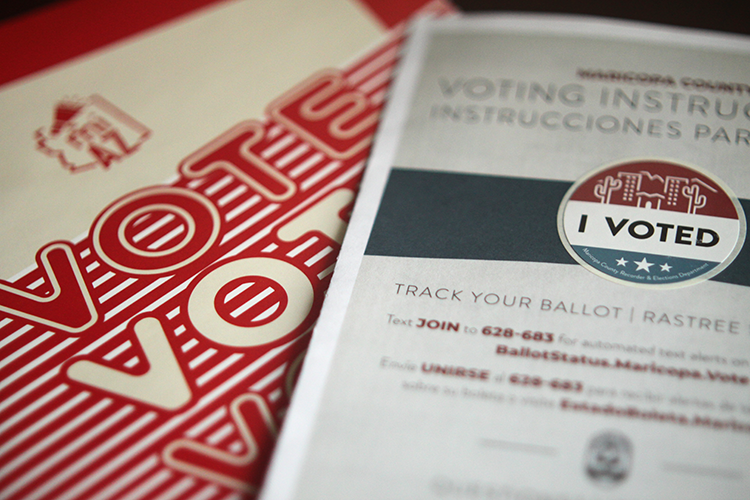Law prof's textbook stresses AI ethics

April Dawson. (Photo by Rick Crank)
When Aspen Publishing approached April Dawson about a textbook on artificial intelligence and the best practices in law school, she paused—on the basis that any book on AI would need frequent updating to reflect the technology’s lightning-speed improvements.
But the need for academic guidance on how to ethically use the technology convinced the North Carolina Central University School of Law professor to go forward and write Artificial Intelligence and Academic Integrity.
“All legal writing classes are a situation where students may be tempted to use these tools without really understanding them. It would be very easy for students to make the wrong decisions in terms of exercising judgment,” says Dawson, who also serves as the law school’s associate dean of technology and innovation.
Dawson says at some point, she plans to write a supplement to the book, first published in 2023, given the fast pace of the AI industry. She discussed the intersection of ethics and technology with the ABA Journal.
This four-chapter book is a quick read and uses approachable language free of jargon. Along with legal writing classes, I could envision it being used as a primer in high school, undergraduate and continuing legal education courses.
It’s definitely 101 level. The book provides not only a foundation of what artificial intelligence is but also a framework to think about how these tools might be most appropriately leveraged. It’s not providing any type of legal substance but instead focuses on exercising judgment.

Your textbook even incorporates QR codes.
I thought, “How can we make it a little bit more engaging?” You have a choice—you can either have online-document links in the physical book that readers type in, or you could just have them scan QR codes.
The American Bar Association’s new requirements for law schools to offer professional identity formation kicked off in the fall of 2023. Did it inspire the book’s reflections that consider an attorney’s values and special obligations to clients?
If the law schools didn’t have that requirement, I don’t think that would have been triggered in my mind. During that summer, my faculty were talking about opportunities for our students to reflect on what the rules of professional responsibility are and how their conduct in law school should be informed by those rules. This book is really a perfect opportunity for that type of reflection. When generative AI entered the scene, there was some pushback on using it in class-rooms. Should those professors reconsider? We’ve got to prepare students whether the professor feels comfortable or not. That’s the reality. Every single lawyer—every single person, quite frankly—is going to have to deal with technology. So let’s make sure we have a highly educated and equipped bar to assist with these important policy questions and issues.
Also, some practicing attorneys are hesitant to use generative AI. Will these AI skills be used once students enter the real world of law?
It depends. If they go to BigLaw, oh, yes, BigLaw is using this. They may not be using ChatGPT, but they will be using Lexis+ AI, using Thomson Reuters. If we think about President Biden’s executive order on artificial intelligence, he is directing government agencies to think about the leveraging of AI while, of course, maintaining safety. Those attorneys who may be reticent to use it are going to be driven to adoption because of the new attorneys that are entering into the space. We as legal educators have an affirmative obligation to make sure our students understand how to ethically use these tools. We don’t have any wiggle room.
This story was originally published in the June-July 2024 issue of the ABA Journal under the headline: “Teaching Integrity: As artificial intelligence evolves, a law professor wants students to understand ethical obligations.”



